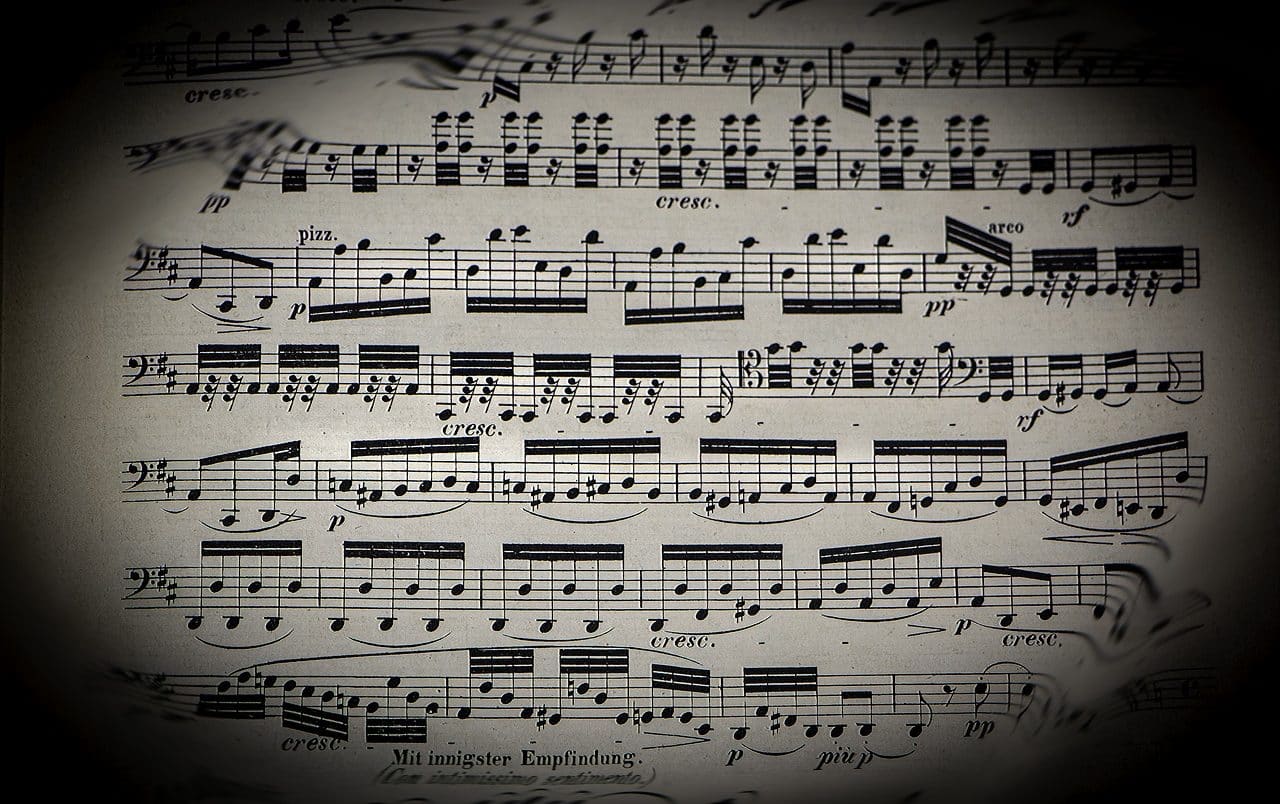
The term opus is used to refer to works of classical music.
Opus is a Latin word that can be translated as “work.” The term is used in the Spanish language in various ways.
In the field of music , the concept can be used to name a work with its corresponding number within the productive chronology of its creator.
Opus in classical music
This cataloging began to be used in the 17th century and was extremely common in classical music , although not everyone used it. Composers like Ludwig Van Beethoven did name their works as opus and numbered them, while others did not number their works or did so without following logic . The type of nomenclature used was composed of the abbreviation of the term ( op. ) followed by the number corresponding to the composition based on previous creations.
There is also another nomenclature which is WoO , which refers to the expression Werk ohne Opuszahl (work without opus number) which, in the case of Beethoven , appears in those works that he did not name and that were later named in this way. On the other hand Op. posth. It is the abbreviation of opus posthumus (work published posthumously) which is the nomenclature given to those creations found after the death of their creator and which, even if they had a nomination that he had given them, the editors provide that clarification.
It is important to note that the plural of opus is opera and its abbreviation Opp. This type of nomenclature was most used by Bach , Haydn and Mozart who composed works that in themselves were made up of several different pieces.
In general, the name of the works was given by the editor and not by the composers themselves, this has given rise to the fact that the same piece published in different historical times may have a difference in its nomenclature. In the case of Beethoven , however, it was he himself who numbered his works and he did so in a relatively strict order , which makes the task of recovering and finding everything composed by this musician much simpler.
The works belonging to baroque authors and that were not titled at the time, later received a nomenclature given by their editors. For this purpose, a cataloging was established that would allow an order of the various composers and their works themselves so that they could be easily identified. The order of each author's compositions is chronological and responds to the time it was published.

Ludwig van Beethoven numbered his compositions as opus.
Other uses of the term
Continuing in the sphere of art , the expression opus magnum (or magnum opus ) is used to name the most important or most famous work of a creator: “Queen's opus magnum is Bohemian Rapsody.” This phrase was also used in alchemy with reference to the procedure that attempted to create the philosopher's stone.
Opus Dei , on the other hand, is a religious organization that belongs to the Catholic Church . This entity was created by the Spanish priest Josemaría Escrivá de Balaguer , who was canonized by John Paul II in 2002 .
With more than 88,000 members (mostly lay), Opus Dei defends Catholic doctrine and maintains that all human beings must direct their daily lives in the direction of holiness. Certain opposition groups, however, denounce Opus Dei for annulling the freedom of its members and for resorting to aggressive tactics to attract new followers.
Opus Dei has also received criticism for its political positions, since the organization even supported the dictatorship of Francisco Franco in Spain .
